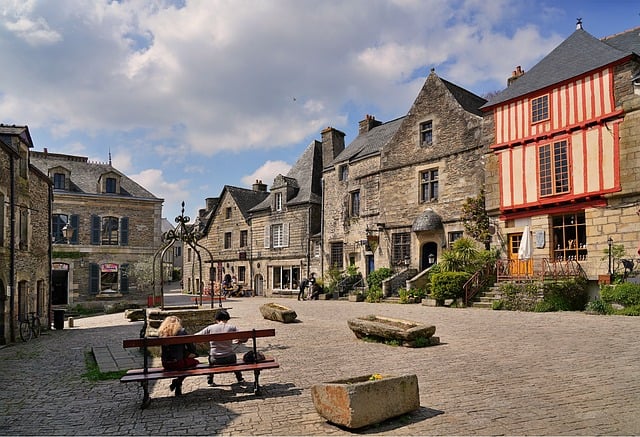
Episode from
Echoes of History

Karl Marx
5m 18s
Duration
4.7
Rating
4K
Plays
Transcript
Meine Damen und Herren, I am Karl Marx, born on May 5, 1818, in the charming town of Trier in what was then the Kingdom of Prussia. I invite you to journey with me through a life that has drawn both acclaim and controversy. My early days were steeped in the rich tapestry of philosophy and history, influencing the path I would tread. As a young scholar at the University of Bonn and later Berlin, I immersed myself in the works of Hegel, delving into dialectics, which fascinated and confounded me. The pursuit of truth and justice was never a mere academic endeavor; it was personal, deeply intertwined with my lived experience and the observation of the world around me. Join me as we unravel the threads of thought and events that wove the fabric of what came to be known as Marxism, a legacy continuing to echo through the ages. The road to revolution was not a solitary journey. My early affiliations with the Young Hegelian movement challenged the status quo, igniting my passion for radical transformation. In Paris, in 1843, I found a haven of intellectual ferment amid its bustling streets. The city teemed with exiles and dreamers, each adding fuel to my revolutionary fervor. It was here that I met Friedrich Engels, a partnership that became one of the most significant intellectual collaborations in modern history. Engels and I shared not only camaraderie but a vision: a vision of a world unshackled from the chains of oppression. Together, we scrutinized capitalism, laying the foundation for what would become our magnum opus, The Communist Manifesto. Through endless discussions and writings, we sought to articulate the struggle of the proletariat, injecting urgency and hope into the fight for a classless society, ideals that resonate persistently today. Engels once described our task as pointing out the contradictions within capitalism and laying bare its complexities. The year 1848 marked a turning point when Europe was aflame with revolutionary zeal. The Manifesto that Engels and I penned had spread its fervent message across the continent, calling workers of the world to unite. Yet, these uprisings, though powerful, faced violent suppression. Despite setbacks, I remained undeterred, convinced of the righteousness inherent in historical materialism. My conviction persisted through hardship and exile, leading my family to various cities, eventually settling in London. The British Museum's reading room served as my refuge, where I delved deeper into economic theories, culminating in my seminal work, Das Kapital. Here, I endeavored to dissect the engine of capitalism, exposing its internal mechanisms. Though financial struggle often knocked at our door, my resolve to dissect and critique the societal structures stood unwavering. London offered a duality of inspiration and hardship. Necessity became my muse, compelling me to translate the complex machinery of capitalism into words that resonated with a growing audience of the discontented. It is vital to remember that my work, while theoretical, was born of real-world suffering and inequities I witnessed firsthand. With Engels’ unyielding support, both moral and financial, I pursued my writings with an urgency borne of injustice. The class struggle was not a mere abstraction, but rather a lived reality for the countless factory workers and laborers who bore the brunt of exploitation. It was for them, and through them, that I continued to pour my words into papers, aiming to ignite a consciousness and a call for action. The struggle was not mine alone but shared by those who yearned for a world fashioned upon equality and justice, ideals that transcend time’s passage. As the echoes of my life resound through history, I am often asked about the legacy I wished to leave. The path of revolution is seldom straightforward, fraught with obstacles that challenge the resolve of even the most ardent combatant for change. But it is not solely through struggle that change emerges; it is through unwavering belief in the potential for a better tomorrow. As Engels stood beside me in life, so did he in death, immortalizing our work after I had passed in 1883. His dedication ensured that the narratives we crafted would transcend our era, seeding movements and ideologies that continue to evolve. To understand my journey is to understand the power inherent in the collective, in ideas that inspire masses to rise and demand fairness. Remember, the struggle may evolve, but the vision of a just society remains steadfast, enduring like an echo across generations.